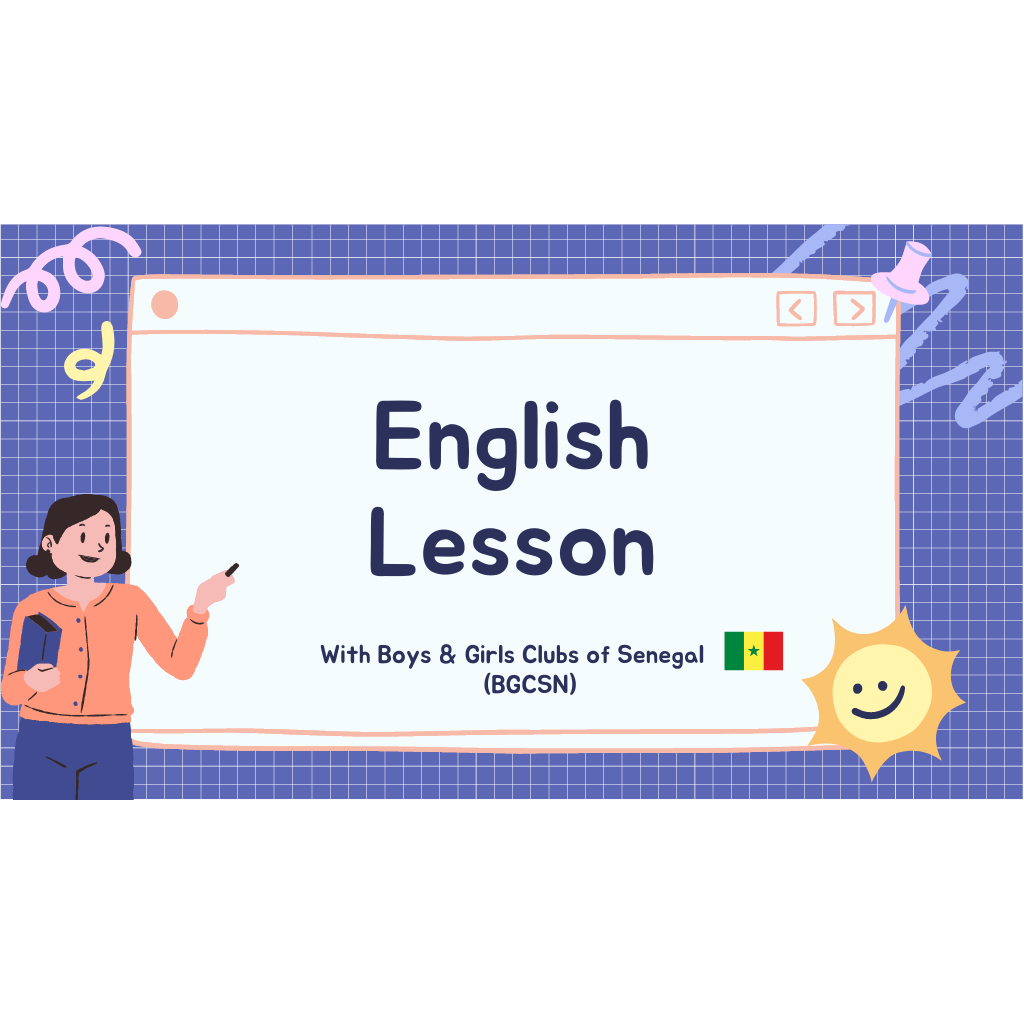As any language learner knows, unlocking the secrets of suffixes can be incredibly empowering! Suffixes are key components of the English language, allowing us to create new and powerful words. By learning how to correctly apply suffixes to words, you can deepen your understanding of English – and enrich your language in the process. Experimenting with suffixes can easily transform a simple noun into a verb or a powerful description. Adding just one letter to a word can completely alter its meaning and add layers of complexity. Mastering suffixes can also help you understand how different words relate. Connecting suffixes to a number of words in a sentence will improve your overall understanding of the language. Unlock the hidden power of suffixes and become a more confident English speaker! If you want to improve your English vocabulary, then learning how to use suffixes is a great place to start. Suffixes are added to the end of words to change their meaning or parts of speech. Here are some of the more common suffixes in English, along with examples and their definitions:
-ing: This suffix is added to verbs to make them into nouns or gerunds. For example, “reading” is the gerund form of the verb “read”.
-ly: This suffix is added to adjectives to turn them into adverbs. For example, “happily” is the adverb form of the adjective ”happy”.
-tion: This suffix is added to verbs to turn them into nouns. For example, “action” is the noun form of the verb “act”.
-ment: This suffix is added to verbs to turn them into nouns. For example, “achievement” is the noun form of the verb “achieve”.
-ist: This suffix is added to nouns to turn them into people. For example, “artist” is the person who creates art.
-able: This suffix is added to verbs to turn them into adjectives. For example, “readable” is the adjective form of the verb “read”.
-er: This suffix is added to verbs to turn them into nouns. For example, “reader” is the noun form of the verb “read”.
-ful: This suffix is added to nouns to turn them into adjectives. For example, “beautiful” is the adjective form of the noun “beauty”.
-less: This suffix is often added to nouns to turn them into adjectives. For example, “careless” is the adjective form of the noun “care”.
Learning to use these suffixes can help you expand your English vocabulary and make it easier to understand and communicate in the language. It’s important to practice using them in your everyday speech and writing. Pay attention to how others use suffixes in conversations or reading material, and see how you can incorporate them into your English. With time and practice, you’ll be a suffix-pro!
We hope that this article has shown you just how powerful and enlightening suffixes can be. Thoughtfully considering suffixes as you use language can help you communicate more clearly and accurately, and unlock the many nuances of the English language. Take advantage of the power of suffixes to learn about and craft your words like never before!
